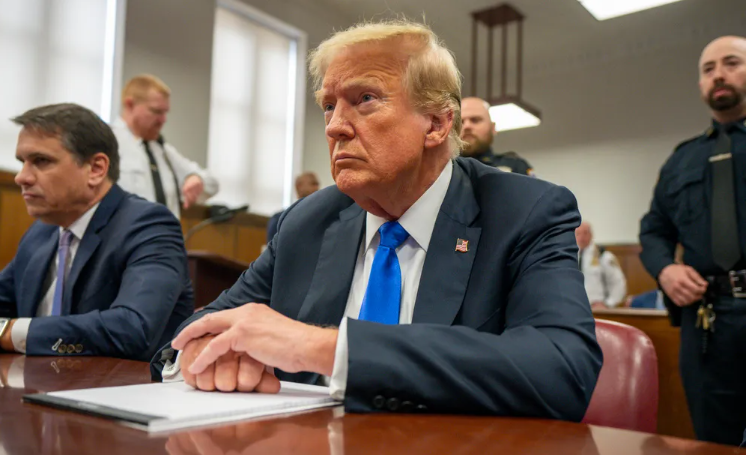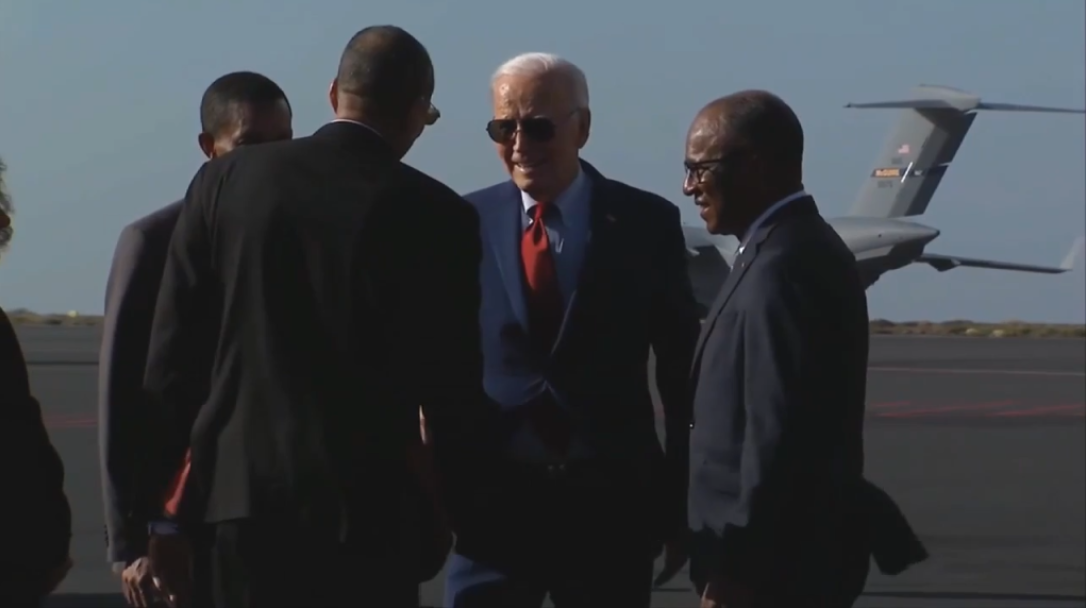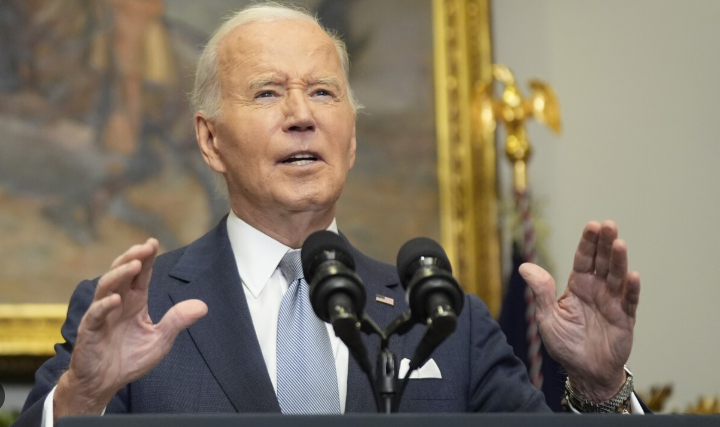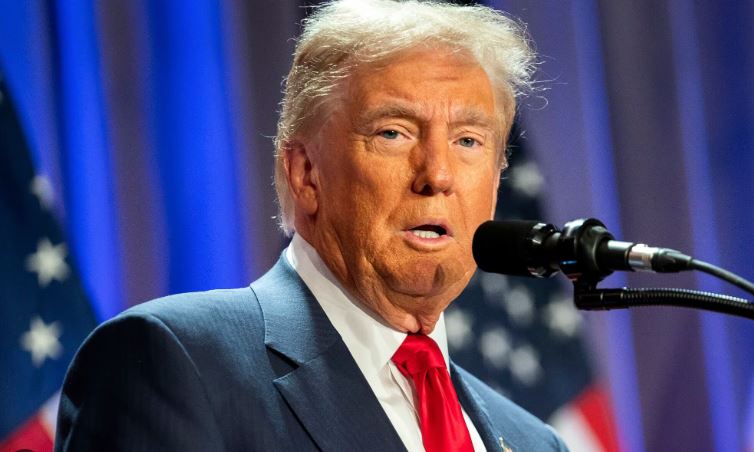In a move that has sparked heated debate in Washington, a Republican senator has blocked a proposal designed to safeguard federal workers from political retaliation, particularly in the event of Donald Trump’s potential return to the White House. The decision has left federal employees and political analysts questioning the future of nonpartisan governance in the U.S.
The proposal, introduced by Democrats, sought to establish stronger protections for federal employees by insulating them from politically motivated hiring and firing decisions. Proponents argue that such measures are critical to maintaining the integrity of the federal workforce, ensuring that civil servants can perform their duties without fear of retribution.
However, Senator Rand Paul (R-KY), a vocal advocate for limiting government oversight, single-handedly blocked the measure. Paul argued that the proposal would create unnecessary bureaucracy and further entrench federal employees in positions of power without accountability.
“We cannot allow unelected bureaucrats to dictate policies unchecked,” Paul stated during the Senate session. “This proposal would make it nearly impossible to address inefficiencies within the federal workforce.”
Implications for Federal Employees
The proposed legislation was seen as a direct response to Trump’s controversial executive order, implemented during his presidency, which reclassified tens of thousands of federal employees into a category that stripped them of traditional civil service protections. President Joe Biden repealed the order shortly after taking office, but many fear its reinstatement if Trump returns to power in 2024.
“This block sends a chilling message to federal workers,” said Maya Warren, a labor policy expert. “It suggests that their job security and ability to operate free from political interference could be upended with the stroke of a pen.”
Democratic Pushback
Democrats have condemned Paul’s move, accusing Republicans of paving the way for a potential Trump administration to exert undue influence over federal agencies. Senate Majority Leader Chuck Schumer (D-NY) called the block “a dangerous precedent” that undermines democracy.
“This is about protecting the people who ensure our government functions effectively and fairly,” Schumer said. “Blocking this measure puts partisan politics above the needs of the American people.”
Political Ramifications
The block has reignited debates about the balance of power between political appointees and career civil servants. Critics warn that without such protections, federal agencies could become tools of political agendas, leading to widespread dysfunction.
With the 2024 election looming, the issue has taken on heightened significance. Trump has indicated that he would reintroduce the controversial executive order if reelected, raising alarms among Democrats and nonpartisan advocacy groups.
What’s Next?
The future of the proposal remains uncertain. Democrats are exploring alternative avenues to introduce similar protections, but with a divided Congress, the path forward is fraught with challenges.
For now, federal workers are left in a precarious position, as the specter of political interference looms large. As the political landscape continues to evolve, the question remains: who will safeguard the impartiality of the federal workforce in an era of increasing polarization?







